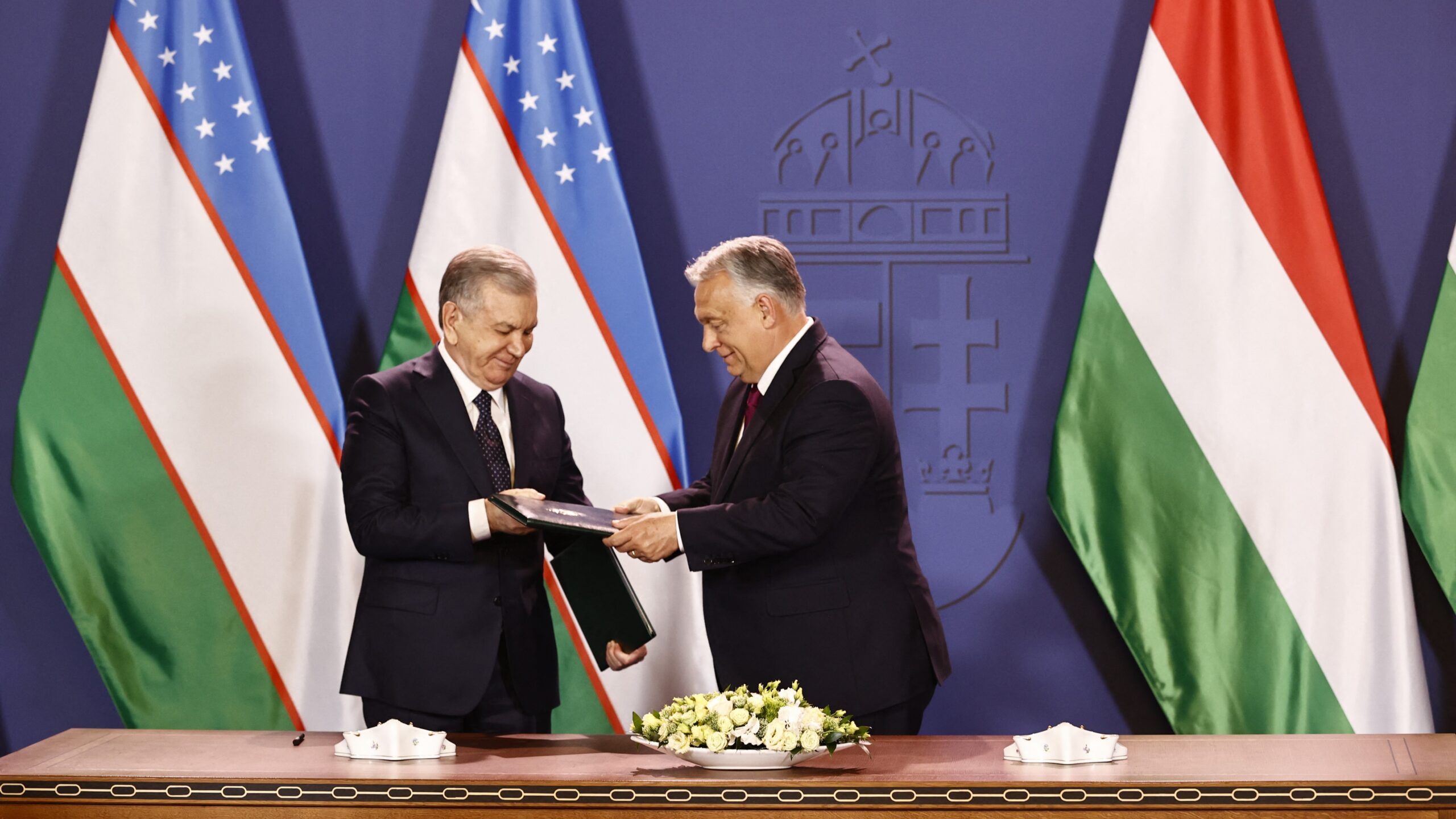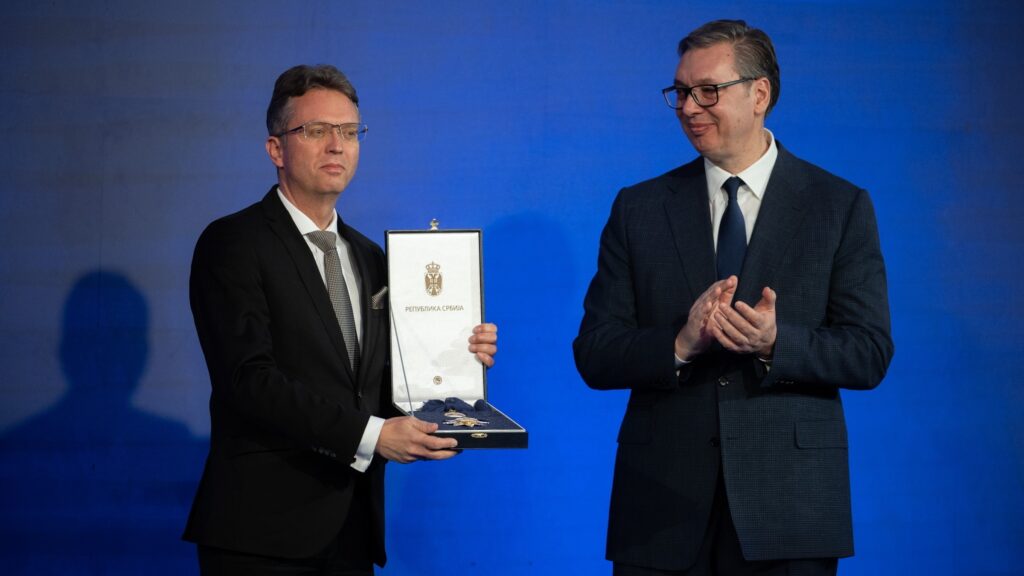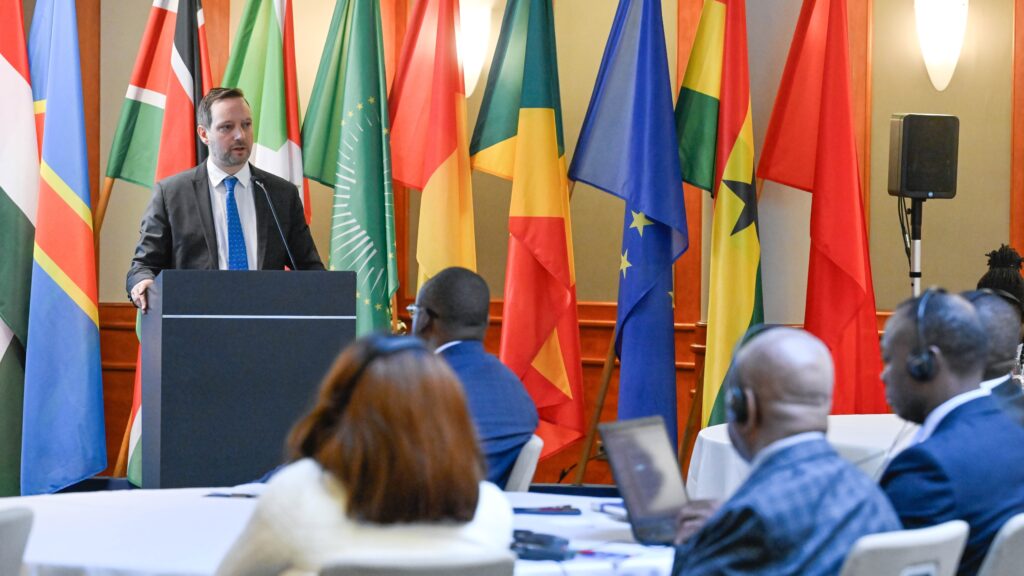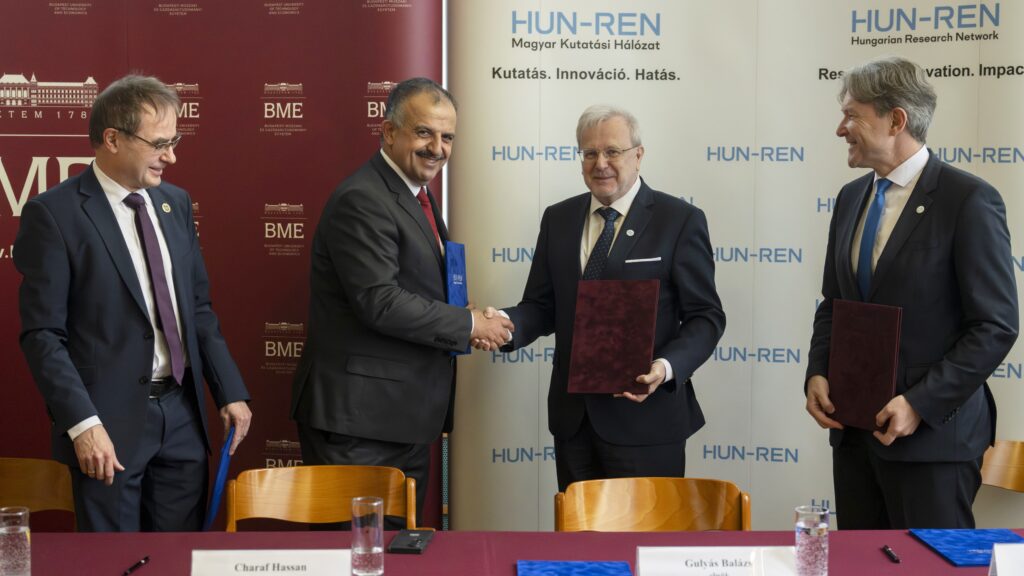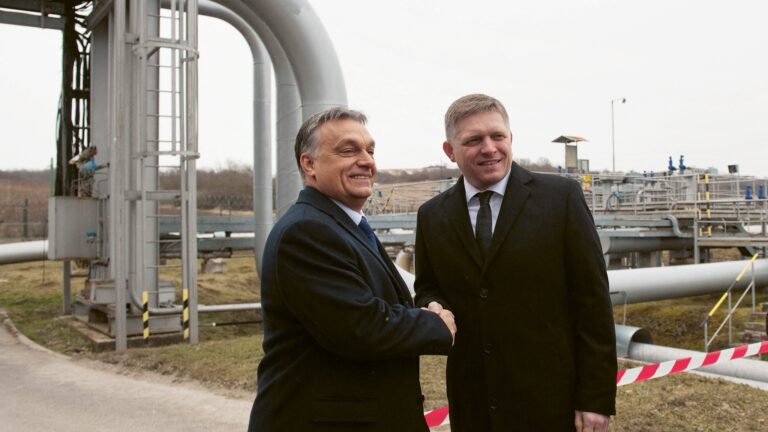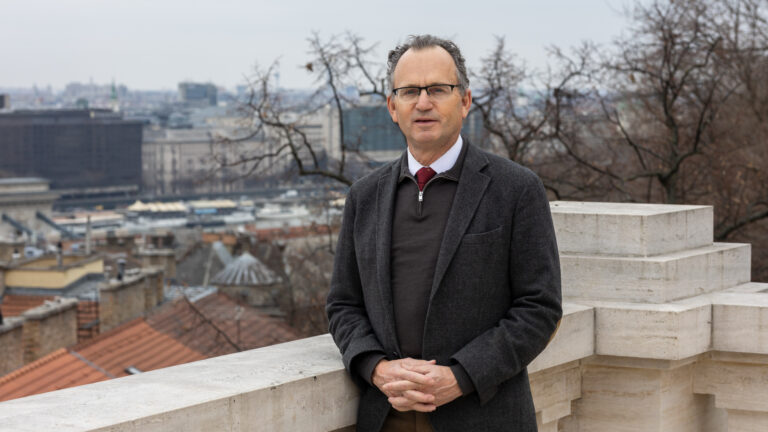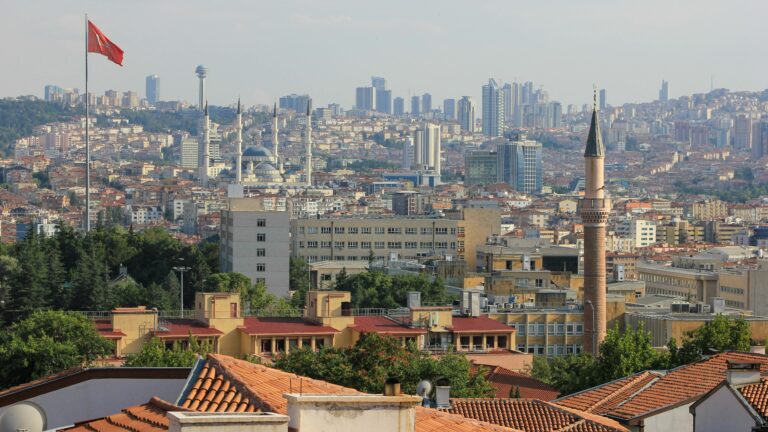Customs cooperation between the customs authorities of Uzbekistan and Hungary has been developing at a rapid pace in recent years. Hungary recognized Uzbekistan’s independence on 26 December 1991 and diplomatic relations between the two countries were established on 3 March 1992. The two countries established strong legal and practical ties based on the Cooperation Agreement with the European Communities, signed in 1996 and the Memorandum of Understanding in 2022. These documents have not only facilitated trade but also provided an opportunity for joint work in areas such as combating illegal trade, digital transformation, and staff training.
The visit of President Shavkat Mirziyoyev to Hungary in October 2022 and August 2023 opened a new stage of customs cooperation. The memorandum signed during the visit became an important document governing bilateral cooperation.
Relations between Uzbekistan and Hungary are being elevated to the level of strategic partnership. In particular, the foreign trade volume in 2024 is expected to reach 74.9 million USD and the activity of 16 joint ventures are practical outcome of this cooperation. The most interesting aspect of the cooperation is that both countries have complementary economic capabilities.
‘Hungarian manufacturers are actively exploring new opportunities in the Uzbek market’
Hungary is important to Uzbekistan not only as a supplier of pharmaceuticals and medical equipment but also as a source of advanced technologies and expertise. In turn, Uzbekistan has effectively established exports of goods such as agriculture, chemicals, and textiles. The 4.4-fold increase in vehicle and spare parts imports, along with a 2.1-fold rise in animal product imports during the first four months of 2025, indicates that Hungarian manufacturers are actively exploring new opportunities in the Uzbek market. Currently Uzbekistan’s export of paper products has increased 10 times, while exports of textiles and agricultural products have doubled, allowing Hungary to secure a strong position in the market.
Uzbek customs officers were able to familiarize themselves with international practices by participating in a regional seminar in Budapest in 2022 within the framework of the USCENTCOM (United States Central Command) project. The practical outcomes of cooperation were clearly defined within the ‘Road Map’ developed in 2023 year. The initial meeting of participants covered such important topics as customs control, combating smuggling, and the introduction of digital technologies.
The advanced experience of the Hungarian side, particularly in risk management systems and staff training programmes, proved to be especially effective for Uzbek customs officers.
At the next expert meeting in February 2024 practical issues and their solutions were discussed. Such events created favourable conditions for closer cooperation between the customs services of both countries.
‘Further strengthening of these ties can be achieved in the future through the exchange of modern technologies and the creation of joint ventures’
From April 15–18 2025 the Informal Meeting of Heads of Customs Administrations of Member and Observer States of the Organization of Turkic States was held in Budapest, Hungary. Chairman of the Customs Committee A Mavlonov participated in that meeting. Discussions covered topics such as the eTIR action plan, the Simplified Customs Corridor, the ‘Caravanseray’ project, as well as e-commerce and facilitating trade, the EU customs reform package, and regional cooperation mechanisms in Europe (Visegrad Group).
Additionally, within the framework of the implementation of the Memorandum of Understanding between the customs authorities of Uzbekistan and Hungary, an extensive exchange of opinions took place, and further plans were outlined in areas such as customs control, risk management, combating smuggling, staff qualification enhancement, studying best practices in Customs laboratories, and in the field of canine services.
Further strengthening of these ties can be achieved in the future through the exchange of modern technologies and the creation of joint ventures. Work is also underway on new projects to further develop this cooperation, such as the establishment of joint training centres, the implementation of customs control systems based on artificial intelligence and digital platforms, simplifying customs procedures, and creating joint experience-sharing programmes. The prospects of such cooperation will be of great significance not only for Uzbekistan and Hungary but also for the entire Central Asia–Europe transport corridor. It will bring economic relations between the two countries to a new level.
Related articles:

